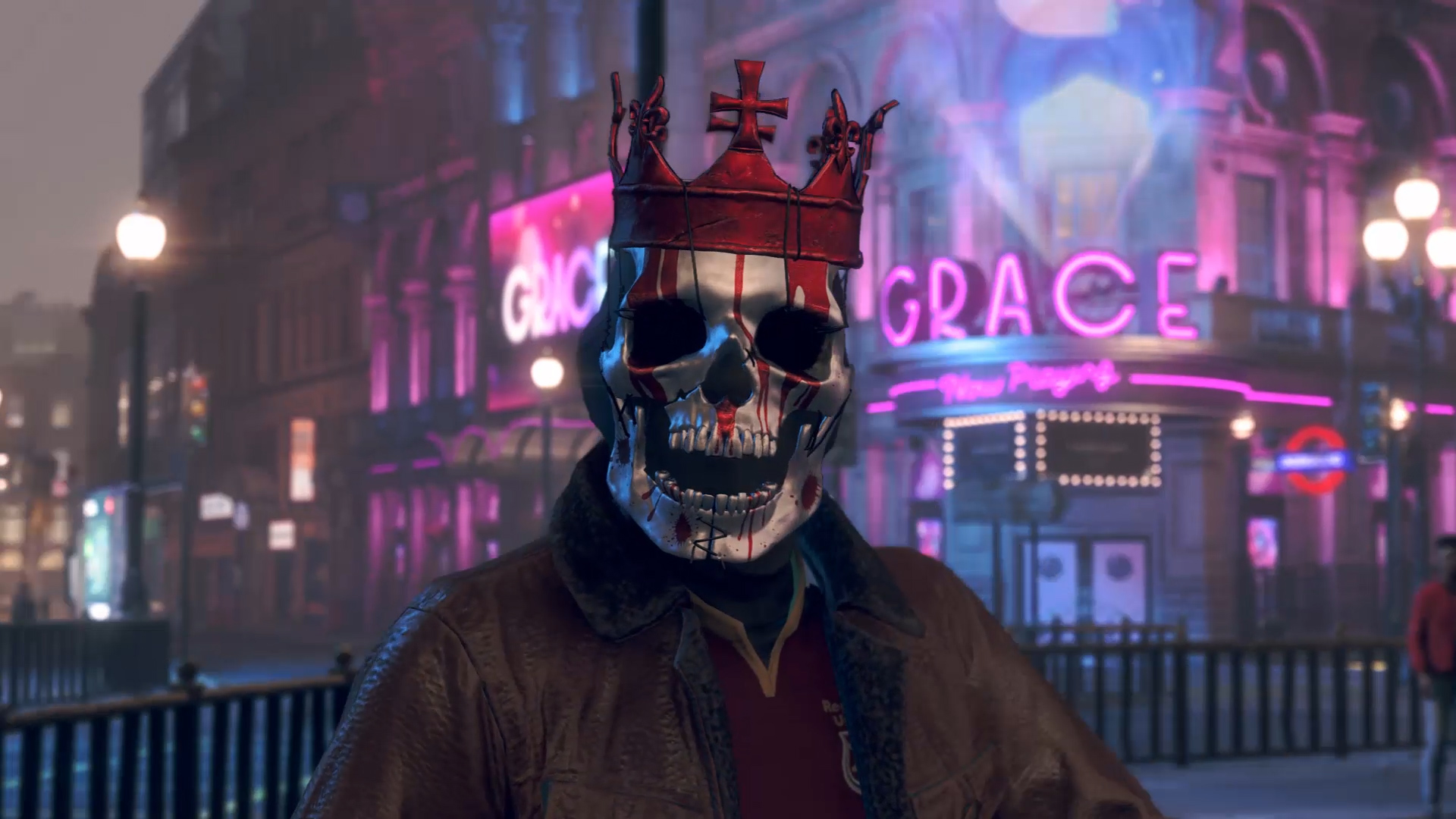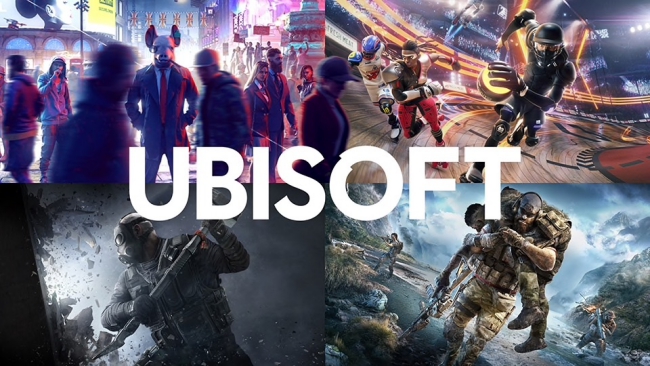Video games, whether we want them to or not, can sometimes be inherently political. Games, now more than ever, sport large open worlds with hundreds of characters and stories that give players more influence on the direction of a game. According to Ubisoft Vice President of Editorial Tommy Francois, the company isn’t taking its politics far enough.
Francois talked a little bit about what his ideal game would be about in a blog post over on Ubisoft’s official website. The Vietnam War was used as an example, players would get the perspective of all sides during the historically divisive war. With that information, the player would then be able to form their own opinion about the conflict.
In an interview with Kotaku at E3 2019, Francois talked a little bit about his children and how video games could help them become smarter voters. He went into a short anecdote about the first time he voted. “First time I voted, I think I was a stupid voter. Because I voted out of ideology, education, what I thought I knew, [and] legacy of my family.” Francois said he believed that video games could act as “simulations to make people smarter voters.” These simulations would allow for players to understand the effects of their actions in a more fun way.
Francois also noted that he believed that games, and Ubisoft, in particular, will nail that ideology down the line. He pointed out that the goal is ultimately not to be preachy about one particular side or another. Francois said if the game isn’t fun and if it doesn’t sell well, the politics that might be found within are all for naught.

Ubisoft is no stranger to politics in its games. Watch Dogs: Legion is set in a post-Brexit London, but the developers seem apprehensive in saying this has any meaningful relevance to the game’s world or the state it has ended up in. Far Cry 5 follows the story of an extremist cult that takes over a county in Montana. There are references to the political climate in the country, but it’s difficult to find anything more worthwhile that explores said political climate further. The list goes on and on, but the ultimate point is that Ubisoft’s games do contain politics, players just typically have to go looking for them to find them. Francois thinks that, in regard to the future, Watch Dogs: Legion will be the first big step in that direction that was previously mentioned.
We’re trying to take the company in the way of open-world, systemic, multiple points of views, emergent gameplay, emergent narrative, full autonomy, real life simulation, learn from what you’re doing, resonate with the systems of life. This is what we’re trying to achieve collectively. And it’s hard.
The team that Francois works with communicates daily with developers across all of Ubisoft’s studios. While they do have the opportunity to present these ideas, that does not mean they’ll make it into the final product. Nevertheless, it does seem like Ubisoft, at the very least, will try and explore the variety of balances that come with building a game and the politics that may be found within.
As previously mentioned, many games can be inherently political. This year’s Call of Duty: Modern Warfare, for example, will allow for a morality system that allows players to make tough decisions on the battlefield. You’d think that, based on that, the developers were going for something more akin to Spec Ops: The Line. Despite that, Infinity Ward does not believe the game is political.





